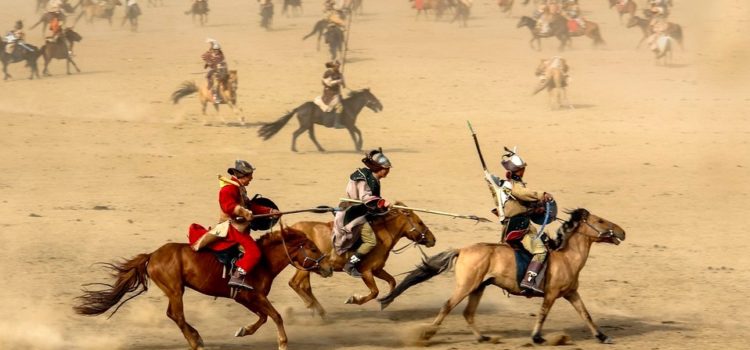In The Art of War, Sun Tzu says, “Victorious warriors win first.” What does Tzu mean by this? How can you win before you’ve begun? We’ll cover what it takes to prepare so thoughtfully for battle that you win before the battle starts. Learn what it means for victorious warriors to win first.
Victorious Warriors Win First: Sun Tzu on Preparation










